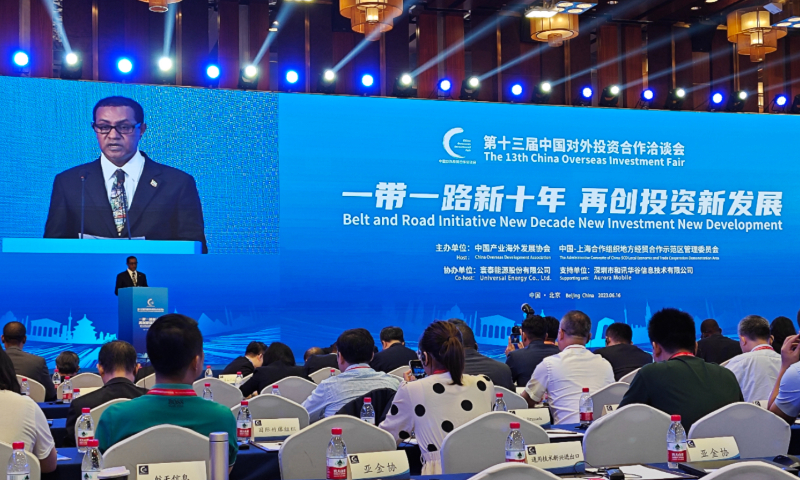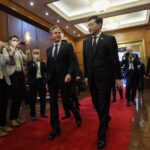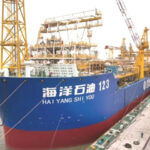Foreign envoys wholeheartedly praised the China-proposed Belt and Road Initiative (BRI) at an investment forum in Beijing on Friday, highlighting the fruitful outcomes it has brought to their countries and businesses over the past 10 years since its initiation in 2013, while refuting the politically driven slander against it from the West.
They were speaking at the 13th China Overseas Investment Fair on Friday, where hundreds of guests from governments and companies had gathered to share thoughts on how to create more business connectivity and market opportunities under the BRI.
“Facing the accelerated evolution of the century-old changes and the new situation of instability, uncertainty and severe challenges to globalization, we should strengthen connectivity and deepen practical cooperation,” Vice Chairman of the Standing Committee of the 12th National People’s Congress Chen Changzhi said at the event.
This connectivity is very important for the economies of various countries and to maintain regional stability, Chen said.
The fruits of the BRI are clear. In the past decade, China has signed more than 200 Belt and Road cooperation documents with 151 countries and 32 international organizations, forming more than 3,000 cooperation projects, according to media reports.
The initiative has stimulated an investment scale of over $1 trillion, created 420,000 jobs for countries along the route, and lifted more than 40 million people out of poverty.
“In the face of anti-globalization moves and an uncertain and unpredictable complex international environment, we need to focus on the well-being of the people of all countries, while continuing and deepening practical cooperation in the fields of infrastructure, the green and low-carbon economy, and the digital economy,” said He Zhenwei, president of the China Overseas Development Association, which hosted the event.
Envoys echoed the benefits of participating in the BRI. Pakistani Ambassador to China Moin ul Haque said that the BRI has largely shaped the structure of the global economy and trade, and it has completely changed and enriched the concept of regional economic integration and interconnection.
The initiative has successfully overturned some suspicions and doubts among members of the international community, and based on the principle of win-win cooperation and mutual benefit, it has built a bridge of trade, business and cultural cooperation among various members of society, Haque said.
In the past 10 years, under the BRI, Pakistan has laid 880 kilometers of road networks, 13 new energy projects have been put into operation, and more than 8,000 megawatts of electricity have been added to the national grid.
Despite the impact of the COVID-19 epidemic and the challenges of economic recession and natural disasters, the original timetable was achieved and the projects in Pakistan were completed on time, Haque further noted.
“The BRI is a unique international initiative. It has brought a lot of benefits to African countries in terms of developing the local economy and making the region more sustainable economically,” an envoy with an African country who wished to remain anonymous told the Global Times on Thursday.
“The West’s slanders about debt-traps are just groundless accusations against China… we all know that the BRI has truly helped African countries to develop without pre-conditions,” he said.
The Ambassador of Ethiopia to China Tefera Derbew Yimam also said that what China presents to them is a very sincere friendship, and China also supports the common development and prosperity of Africa.
Through the BRI, China and Ethiopia have realized interconnection in trade, investment, culture and civilization, which is a model for the world, according to the Ambassador of Ethiopia to China Tefera Derbew Yimam.
“We are looking forward to seeing a further deepening of cooperation between China and Africa, especially in areas such as agriculture, manufacturing, infrastructure, energy and mining,” the ambassador said.
(Global Times)




